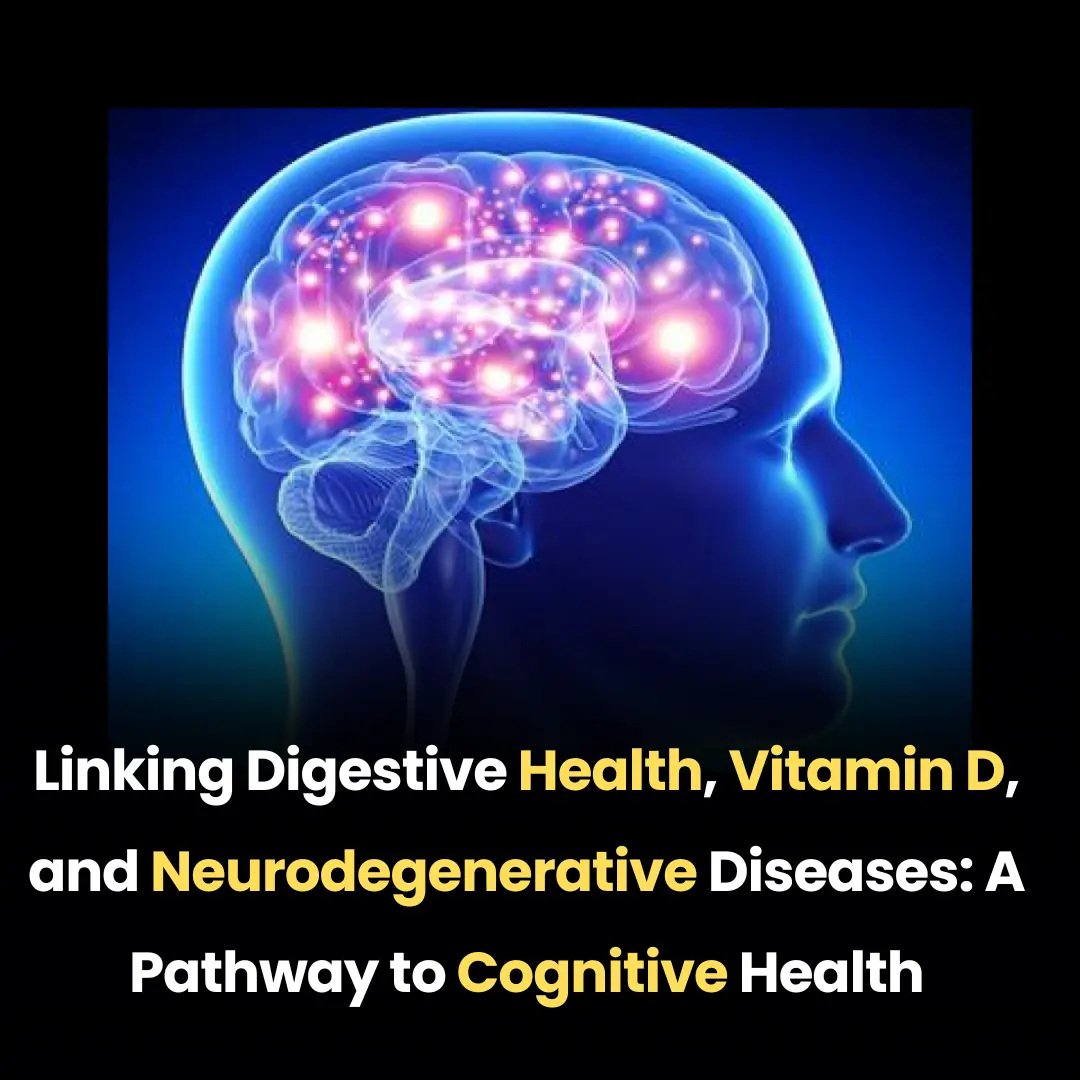
From Dialysis to Remission: How New Drugs Are Changing the Fight Against Chronic Kidney Disease
We may be entering a new golden age in the treatment of chronic kidney disease (CKD), a condition that has long posed significant challenges for both patients and healthcare providers. In recent years, groundbreaking developments in medication have provided hope for millions of individuals suffering from CKD. These new drugs — some of which were initially developed for diabetes — are not only showing promise in slowing the progression of the disease, but in certain cases, they are even helping to improve kidney function.
Historically, treatment options for those with advanced CKD were largely limited to either long-term dialysis, which is time-consuming and physically taxing, or the often prolonged wait for a kidney transplant. Both of these options have their limitations, including the risk of complications and the constant need for medical intervention. However, recent clinical trials involving innovative drugs like semaglutide (sold under the brand name Ozempic) and tirzepatide (sold as Mounjaro) — both of which are GLP-1 receptor agonists — have shown extraordinary results. According to research published by the American Society of Nephrology (2022), patients who were administered these drugs experienced significant stabilization in their kidney function. In some cases, individuals even saw improvements that led them to progress from advanced stages of CKD to moderate stages, a development that has been described as revolutionary in the field of nephrology.
The potential of these medications is immense, not only because they stabilize kidney function but also because they address underlying mechanisms of kidney damage. For example, GLP-1 receptor agonists work by regulating glucose metabolism, which plays a crucial role in managing the factors that contribute to CKD, such as high blood sugar and inflammation. However, these medications are just the tip of the iceberg. Beyond them, there is a growing pipeline of drugs from other classes — some originally developed for diabetes, heart failure, and even autoimmune diseases — that are now being repurposed to treat CKD and its associated complications.
Among the most promising advancements are the emerging targeted therapies aimed at less common kidney diseases, such as those related to autoimmune conditions. These therapies are designed not just to manage symptoms but to directly address the root causes of kidney damage, offering a more personalized and effective approach to treatment. For example, immune-suppressing therapies are already showing promising results in autoimmune-related kidney diseases like lupus nephritis, where the body’s immune system attacks its own kidneys.
The combination of these new medications, more precise diagnostic tools, and cutting-edge monitoring techniques is shifting the landscape of kidney disease treatment. As a result, many experts are beginning to rethink the trajectory of CKD management. Historically, the focus has been on simply slowing progression, but with the advent of these new treatments, many believe we may be moving towards long-term remission or, in the most optimistic scenarios, even a cure. As Dr. Julie R. K. Johnson, a leading nephrologist at the National Kidney Foundation, stated in a 2023 interview with The Lancet, "We are witnessing a paradigm shift in how we think about kidney disease. With these new medications and therapies, we are not just managing the disease — we are actively reversing some of the damage."
This progress in treatment and drug development comes at a time when the global burden of CKD is rising, with the World Health Organization (WHO) estimating that approximately 850 million people worldwide are affected by kidney diseases (WHO, 2022). As the incidence of CKD continues to grow, the need for more effective treatments has never been more urgent. Fortunately, these advancements are providing both hope and tangible solutions, transforming what was once a debilitating and often fatal condition into one that can be better managed, if not completely resolved.
In conclusion, the discovery of medications capable of reversing kidney damage represents a major milestone in the field of nephrology. As clinical trials continue and new therapies are developed, the future for those living with CKD looks increasingly promising. The progress made thus far suggests that we may be on the brink of not just managing the disease but transforming how it is treated, leading to long-term remission and, potentially, a cure for kidney disease.
News in the same category


Transforming Oil into Green Prosperity: The Success of Norway’s Sovereign Wealth Fund

Maximize Broccoli's Cancer-Fighting Power: The Simple Trick That Boosts Sulforaphane Formation

Hidden Fungi in Your Nose: A Surprising Cause of Allergies and Asthma

The Hidden Beauty of Grass: Discovering Smiling Faces Under the Microscope

The Quiet of Blue Whales: How Climate Change is Affecting Whale Behavior and Ecosystems

The Arrival of Mosquitoes in Iceland: A Sign of Shifting Ecosystems and Public Health Risks

PP405: A Promising New Drug That Could Revolutionize Hair Loss Treatment by Reactivating Dormant Hair Follicles

Astronomers Capture Groundbreaking Image of New Solar System Formation

Denmark's 'Rolling Grocer' Initiative Brings Fresh Food and Community Connection to Rural Seniors

Mosquitoes Discovered in Iceland for the First Time: A Warning of Climate Change Effects

Denis Vashurin: The Man Who Appears as a Teenager Despite Being in His 40s

M.K. Prakasan: The Teacher Who Swims 12 km Daily to Educate Students in Kerala

Belgian Prodigy Laurent Simons Earns PhD in Quantum Physics at Just 15 Years Old

Revolutionary Cancer Treatment: Activating Immune Structures Within Tumors to Shrink Cancer and Prevent Relapse

Linking Digestive Health, Vitamin D, and Neurodegenerative Diseases: A Pathway to Cognitive Health

The 400-Year-Old Greenland Shark: A Living Witness to Centuries

The Hidden Dangers of Long-Term Energy Drink Consumption

Frozen Time Capsule: Scientists Reveal Ancient Antarctic Landscape
News Post

From Space to Earth: The Science Behind Felix Baumgartner’s Record-Breaking Jump

Transforming Oil into Green Prosperity: The Success of Norway’s Sovereign Wealth Fund

Maximize Broccoli's Cancer-Fighting Power: The Simple Trick That Boosts Sulforaphane Formation

Hidden Fungi in Your Nose: A Surprising Cause of Allergies and Asthma

The Hidden Beauty of Grass: Discovering Smiling Faces Under the Microscope

The Quiet of Blue Whales: How Climate Change is Affecting Whale Behavior and Ecosystems

The Arrival of Mosquitoes in Iceland: A Sign of Shifting Ecosystems and Public Health Risks

PP405: A Promising New Drug That Could Revolutionize Hair Loss Treatment by Reactivating Dormant Hair Follicles

Astronomers Capture Groundbreaking Image of New Solar System Formation

Denmark's 'Rolling Grocer' Initiative Brings Fresh Food and Community Connection to Rural Seniors

Mosquitoes Discovered in Iceland for the First Time: A Warning of Climate Change Effects

Denis Vashurin: The Man Who Appears as a Teenager Despite Being in His 40s

M.K. Prakasan: The Teacher Who Swims 12 km Daily to Educate Students in Kerala

Belgian Prodigy Laurent Simons Earns PhD in Quantum Physics at Just 15 Years Old

Revolutionary Cancer Treatment: Activating Immune Structures Within Tumors to Shrink Cancer and Prevent Relapse

Flaxseeds Gel For Faster Hair Growth

Linking Digestive Health, Vitamin D, and Neurodegenerative Diseases: A Pathway to Cognitive Health

The 400-Year-Old Greenland Shark: A Living Witness to Centuries
